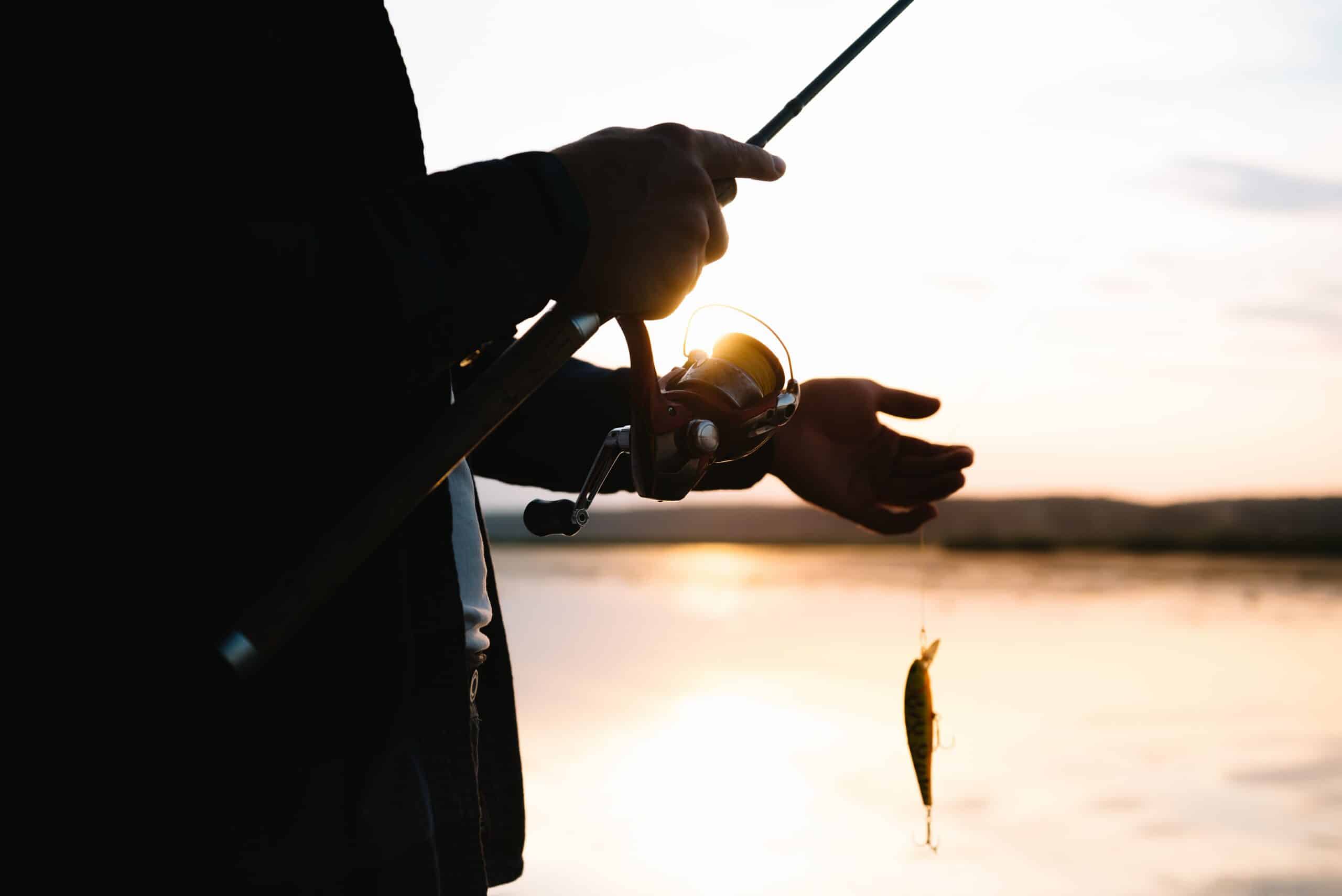Can You Catch and Release Without a License in Florida?
Key Takeaways
- No, you cannot fish without a license in Florida, even if you practice catch and release.
- A fishing license is required in Florida to ensure the sustainable management of fish populations and the conservation of aquatic habitats.
- Both residents and non-residents of Florida who are 16 years of age or older need a fishing license to fish in the state’s public waters.
According to the information provided, the answer to the question is quite clear: No, you cannot fish without a license in Florida, even if you practice catch and release. A fishing license is required in Florida, regardless of whether you catch and release or catch nothing at all.
Fishing is a popular recreational activity in Florida, attracting both residents and visitors from all over the world. It offers a chance to enjoy the state’s abundant natural resources and experience the thrill of reeling in various species of fish.
While catch and release fishing is a common practice among anglers who want to enjoy the sport without keeping the fish, it is important to note that it still requires a valid fishing license in Florida.
Why Do You Need a Fishing License?
The Florida Fish and Wildlife Conservation Commission (FWC) is responsible for managing and regulating fishing activities in the state. The primary purpose of requiring a fishing license is to ensure the sustainable management of fish populations and the conservation of aquatic habitats.
Fishing licenses provide funding for various conservation efforts, including habitat restoration, fish stocking programs, and research projects. By obtaining a license, anglers contribute to the preservation of Florida’s aquatic ecosystems, helping to maintain healthy fish populations for future generations.
Who Needs a Fishing License?
Both residents and non-residents of Florida who are 16 years of age or older need a fishing license to fish in the state’s public waters, including freshwater and saltwater areas.
However, there are certain exemptions and special categories of anglers who may be eligible for license-free fishing. For example:
- Children under the age of 16 are not required to have a fishing license.
- Florida residents who are 65 years of age or older, or who possess a valid Florida Resident Disabled Person Hunting and Fishing Certificate, are exempt from needing a fishing license.
- Military personnel stationed in Florida and their immediate family members may fish without a license while they are on leave.
- Some fishing events or derbies may be exempt from license requirements, but these are typically organized and permitted by the FWC.
Consequences of Fishing Without a License
It is important to adhere to the fishing regulations and obtain the necessary license when fishing in Florida. Fishing without a valid license can result in penalties and fines.
The FWC actively patrols the state’s waters and conducts routine checks to ensure anglers are in compliance with the fishing regulations. If caught fishing without a license, individuals may face fines ranging from $50 to several hundred dollars, depending on the specific circumstances.
Furthermore, fishing without a license can tarnish the reputation of responsible anglers and harm conservation efforts. It is always best to follow the rules and contribute to the sustainable management of Florida’s fisheries.
Conclusion
In conclusion, if you plan to fish, including catch and release, in Florida, it is essential to obtain a fishing license. Regardless of whether you are a resident or a visitor, and regardless of your intentions to keep or release the fish, a fishing license is required.
By obtaining a license, you support the conservation of Florida’s aquatic environments and contribute to the preservation of its diverse fish populations. So before you cast your line, make sure you have a valid fishing license in hand.
Related Websites:
FAQs:
Q: Why do I need a fishing license in Florida?
Fishing licenses are required in Florida to help conserve and manage fish populations, protect habitats, and enforce fishing regulations. It ensures sustainable fishing practices and supports the conservation efforts in the state.
Q: Who needs a fishing license in Florida?
Anyone aged 16 or older who wishes to engage in fishing activities, including freshwater and saltwater fishing, in Florida needs a fishing license.
Q: What are the different types of fishing licenses available in Florida?
Florida offers various fishing licenses, including freshwater, saltwater, and combination licenses. There are also special licenses for residents, non-residents, seniors, and disabled individuals.
Q: What are the benefits of catch and release fishing?
Catch and release fishing is beneficial as it helps maintain healthy fish populations, promotes conservation, and preserves fish for future generations to enjoy. It also allows anglers to practice ethical fishing without depleting fish stocks.
Q: Can I catch and release fish without a fishing license in Florida?
No, even catch and release fishing requires a fishing license in Florida. It is important to obtain a license to ensure compliance with fishing regulations and avoid legal consequences.






